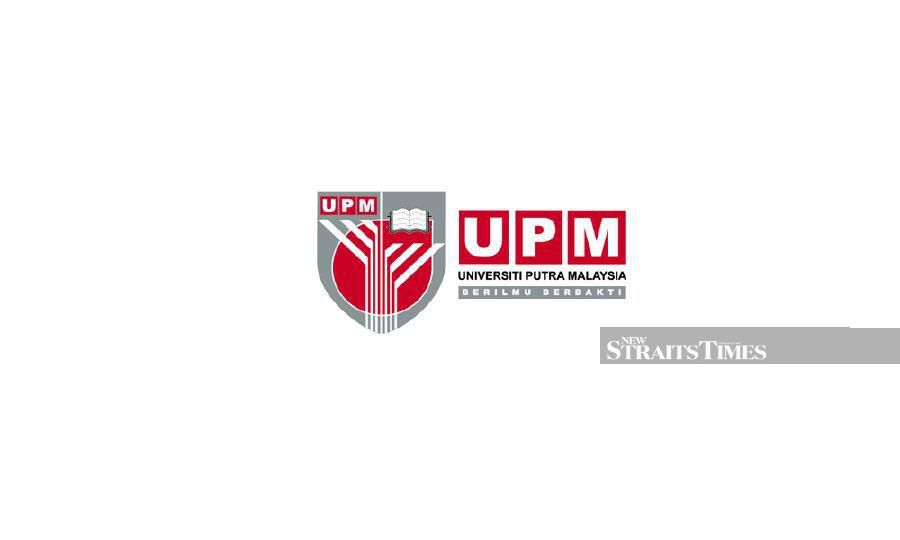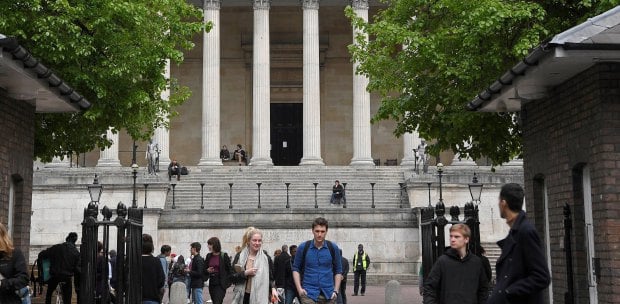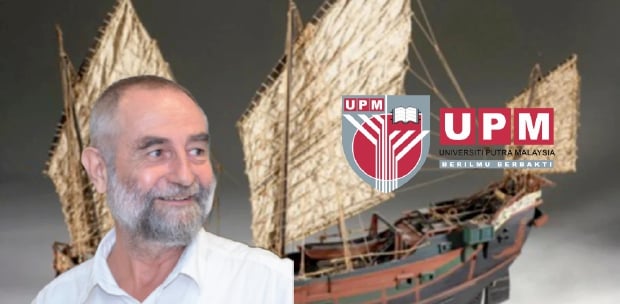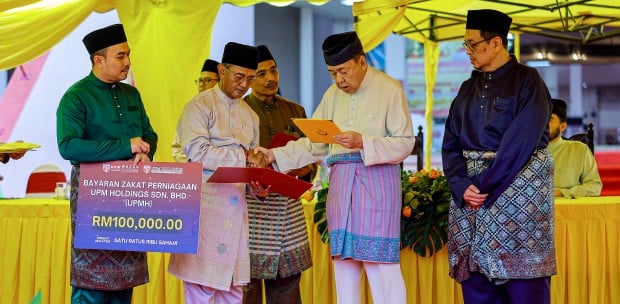LETTERS: The Sustainable Development Goals (SDGs) that were set up by the United Nations entail 17 global goals for a sustainable future to be achieved by 2030.
The Malaysian government recognises the necessity of focusing on long-term development goals, including the need to encourage good energy and environmental policies.
Education and imparting these principles at all levels of the education system is one of the keys to attain this goal.
For this reason, Universiti Putra Malaysia (UPM), as the leading Malaysian university for UI-GreenMetric World University Ranking, has joined the bandwagon in translating the SDGs into practice.
At the recent Dubai Expo 2020, Professor Dr M. Iqbal Saripan, former deputy vice chancellor (academic and international) had shared UPM's strategy to meet the SDGs as part of its internationalisation efforts.
As outlined in the UN's Academic Impact, UPM will expand human capital, research and implementation of agendas.
UPM, together with other universities in Malaysia, has initiated MSYUN, which is an Erasmus+ Capacity Building in Higher Education project aimed at promoting Malaysian university campuses as "living laboratories" for sustainability and energy efficiency.
The MYSUN project is a natural structural activity in Malaysia that addresses Region 6 priority in governances, strategic planning, and management of higher education institutions under the category of "Improving Management and Operation of Higher Education Institutions".
Another initiative is the South East Asia Sustainability Network (SEASN), which is an alliance of South East Asian higher education institutions, as well as other related sustainability organisations, agencies, NGOs and industries, committed to promoting, engaging and integrating sustainability into their teaching, research, community engagement and institutional arrangements.
The SEASN initiative provides a platform to support higher education institutions, sustainability organisations, agencies, NGOs, and industries in South East Asia to exchange ideas, findings, information and best practices in teaching, research, community engagement, and institutional arrangement with a focus on water, Energy, Health, Agriculture, Biodiversity; Climate Change & Disaster Risk Management; Consumption & Production; and Population & Poverty (WEHAB+3).
In addition, the Environmental Biotechnology Research Group of Universiti Putra Malaysia's Faculty of Biotechnology and Biomolecular Sciences researches key areas of biomass usage, especially in the development of sustainable and valued green bioproducts.
The group's interests include the manufacture of bioenergy, biofertiliser, bioplastics and bioproducts from oil palm watse. Other possible biomass sources, such as kitchen waste, landfill leachate, and sago waste, have also been explored.
Another initiative is the UPM Centre of Excellence for Environmental Forensics. The goal of this programme is to be a reference centre for detecting causes of environmental pollution.
Other efforts include cycling and bicycle lanes, where first-year students are not permitted to have motor vehicles on campus, dedicated central parking places, energy and water conservation, and recycling campaigns, plastic and paper conservation, solar panels, and sustainability webinars and forums.
UPM has also collaborated with carmaker UMW Toyota Sdn Bhd to establish the UPM Landscape Sustainability Programme with Toyota to protect the environment while using eco-therapy crop transfer aspects to the industry.
Last year, UPM hosted the 7th International Workshop on UI-GreenMetric World University Rankings (IWGM 2021), with Universitas Indonesia as co-organisers, to show that the 17th SDG, Partnership for the Goals, can be achieved collaboratively.
UPM is among the top institutions in the world in the UI-GreenMetric World University Ranking (SDGs), concentrating on SDG No. 1: No Poverty, and SDG No. 2: Zero Hunger.
One in every five children is estimated to live in extreme poverty. UPM believes that these initiatives at the university level may give social protection to all children and other vulnerable groups, therefore reducing poverty.
In light with the current achievement, UPM is committed to support the government agenda in SDGs and at the same time continue to empower sustainability efforts through education.
DR FEROZ DE COSTA
DR DIYANA NAWAR KASIMON
Universiti Putra Malaysia
The views expressed in this article are the author's own and do not necessarily reflect those of the New Straits Times





